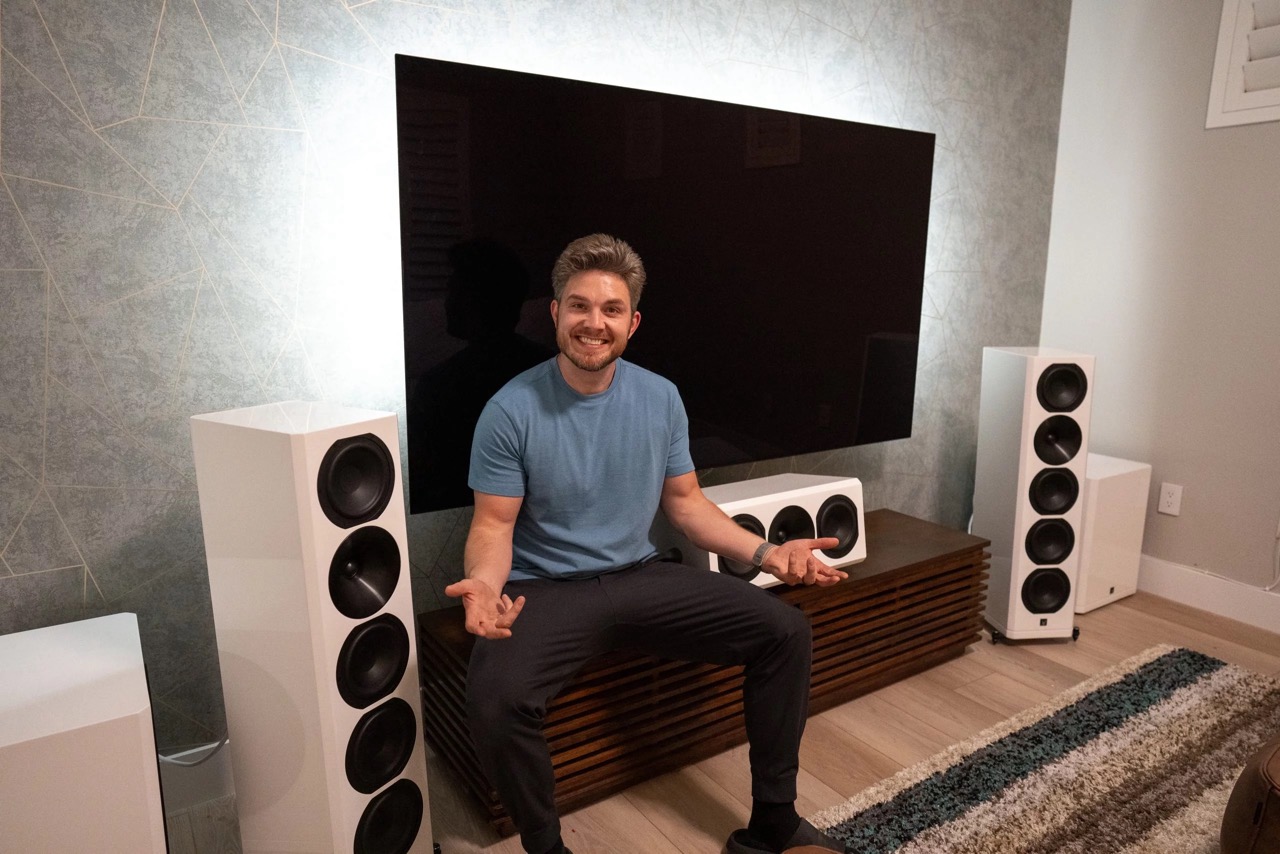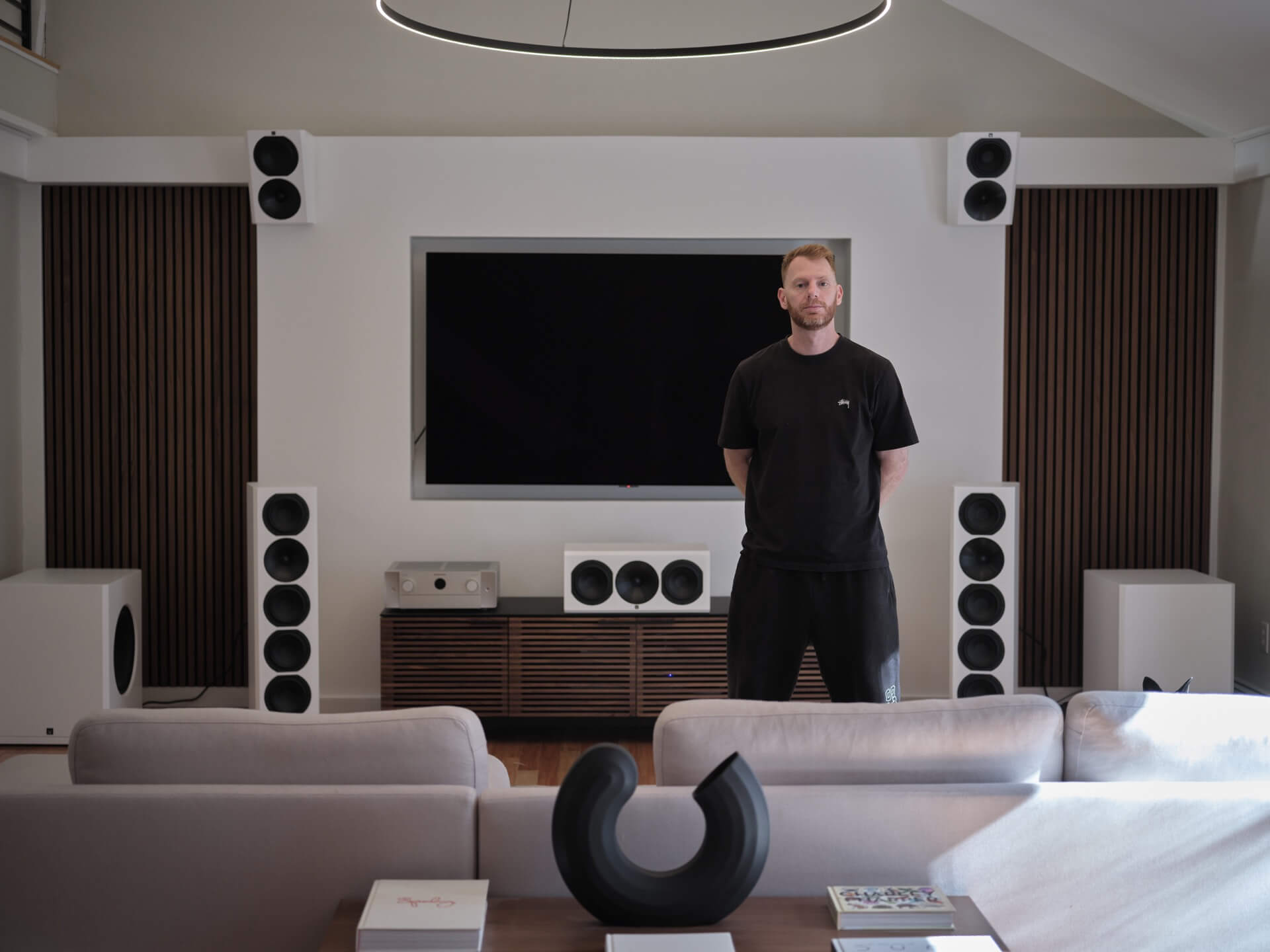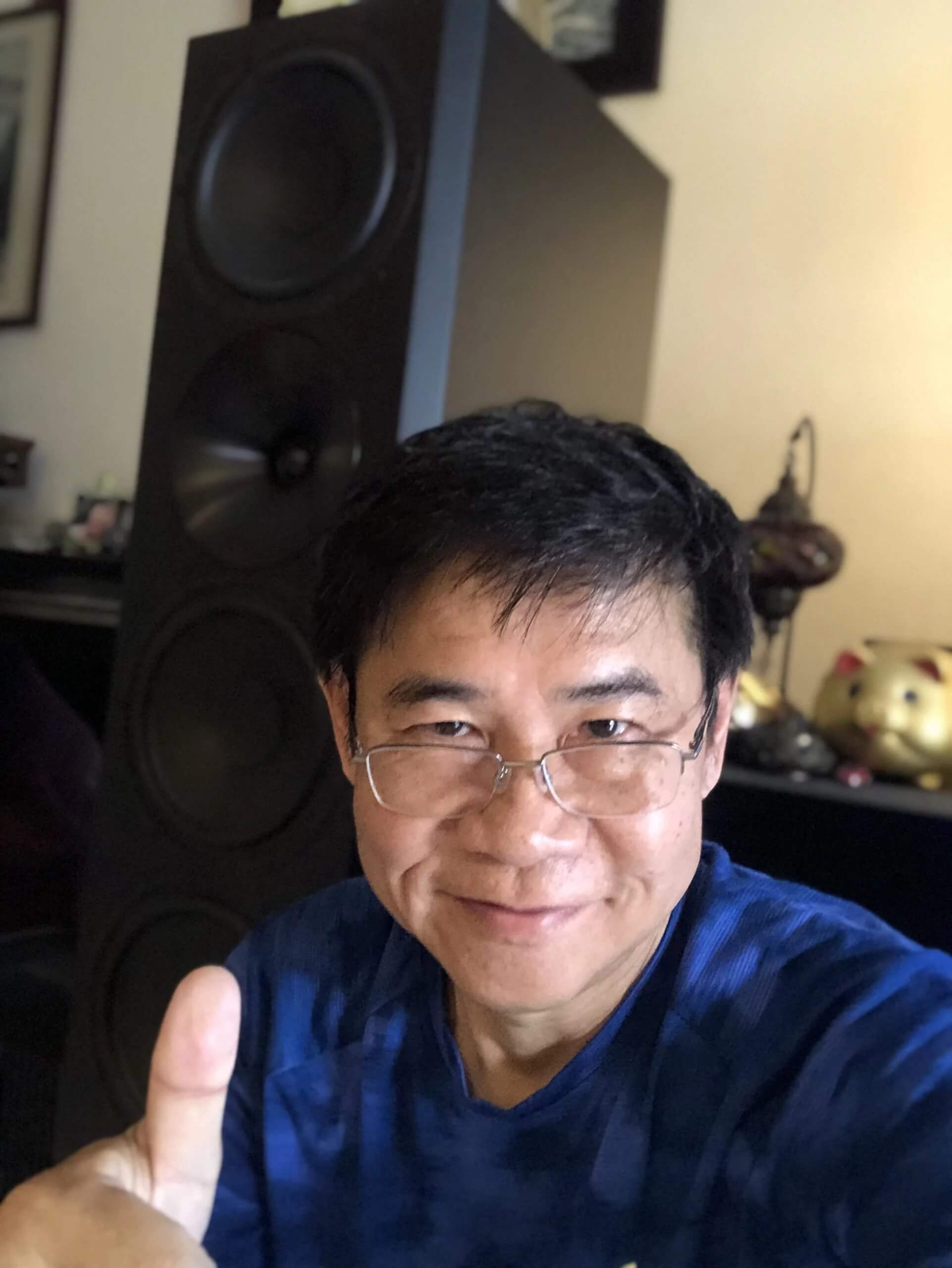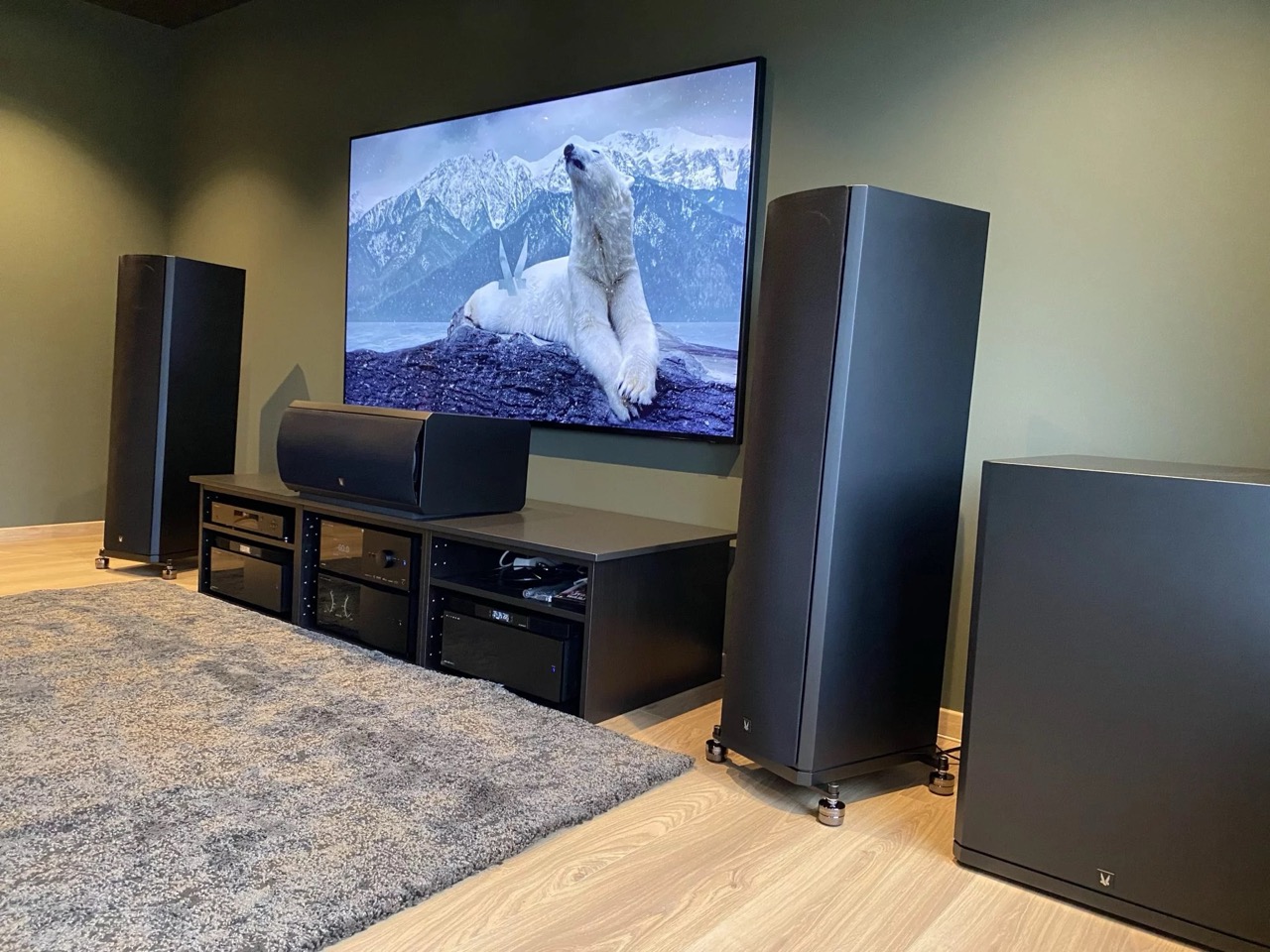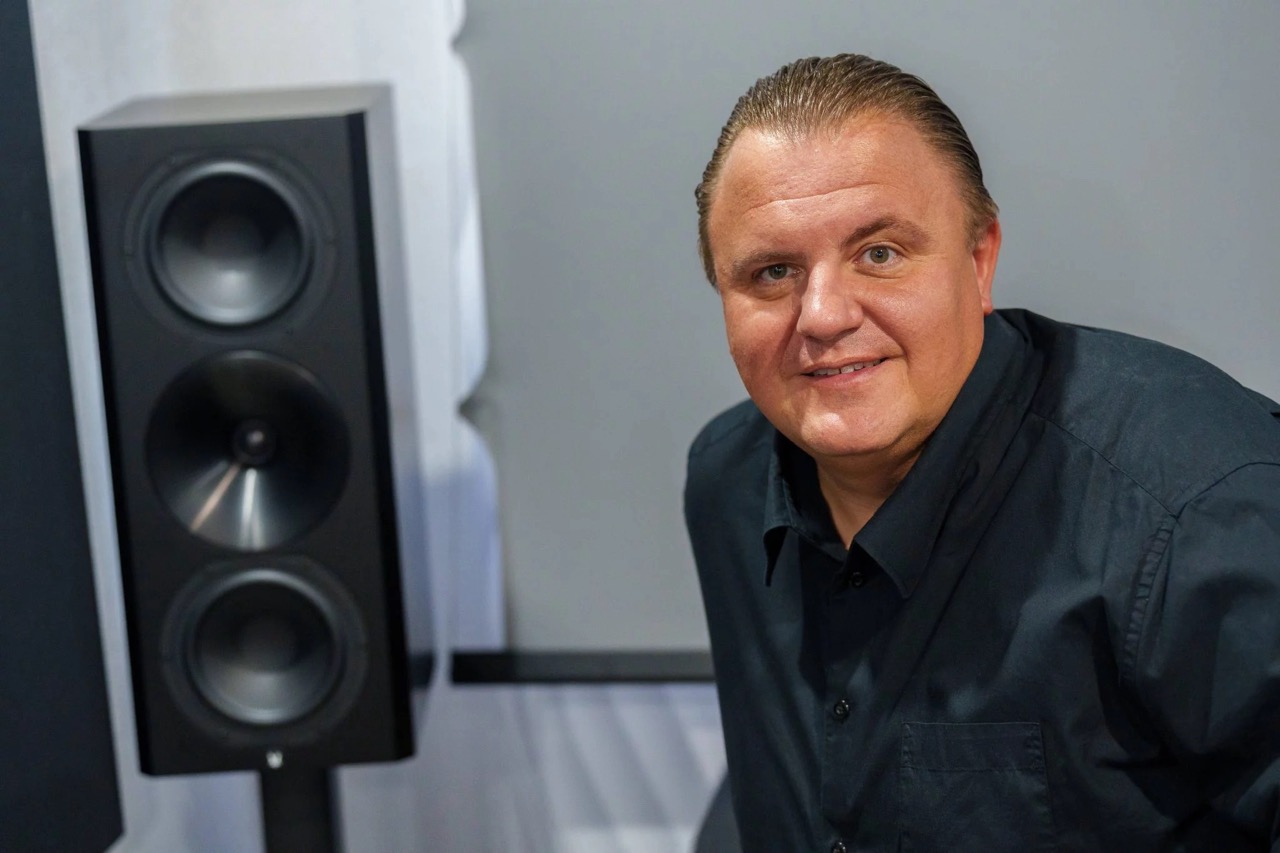Ensuring Longevity and Reliability in HiFi Equipment
Article summary - TL;DR
- Understand the factors influencing the lifespan of your audio equipment for better investment decisions.
- Regular maintenance is crucial—keep your gear clean and inspect connections to avoid performance issues.
- Environmental conditions, like temperature and humidity, affect your HiFi system's longevity.
- Consider upgrading components like DACs or cables to maintain and enhance audio performance.
- Enhance your audio-visual setup with the 1528 Tower 8, ensuring powerful sound for years to come.
Understanding the Lifespan of Your Equipment
Every HiFi enthusiast wants to know that their investment will stand the test of time. Understanding the factors that contribute to the longevity of audio equipment can help users make informed decisions about purchases and maintenance. This includes knowing the typical lifespan of components, manufacturer warranty periods, and user reports on durability.
Factors such as build quality, usage patterns, and environmental conditions all play a role in how long your gear will last. Choosing well-constructed components from reputable manufacturers is the first step. Additionally, it’s crucial to use the equipment as intended – overdriving speakers or amplifiers can lead to premature wear.
Environmental control can prevent many common issues. For example, exposure to extreme temperatures, moisture, or dust can significantly shorten the life of your HiFi components. Storing equipment in a clean, temperature-controlled environment will promote longevity and reliability.
Regular Maintenance and Care
Regular maintenance isn’t just for cars – it’s essential for HiFi equipment too. Keeping your gear clean will prevent dust build-up that can insulate components and lead to overheating. Dust in connectors can also cause signal degradation. Using a soft, dry cloth to wipe down your equipment regularly is a simple and effective maintenance step.
Electronics can benefit from occasional check-ups, which might involve inspecting connections and cables for signs of wear or corrosion, checking vacuum tubes in tube amplifiers, and ensuring that moving parts in CD players or turntables are functioning smoothly. In some cases, professional servicing may be necessary to recalibrate components or upgrade software.
For vinyl enthusiasts, maintaining a turntable is particularly important. This includes regular stylus cleaning, checking the turntable belt, and ensuring that the tonearm is properly balanced. These small steps can make a significant difference in the sound quality and lifespan of your vinyl playback system.
Upgrades and Replacements
Sometimes, ensuring longevity means knowing when to upgrade or replace parts of your system. Upgrades can bring new life to an older system, whether it’s swapping out a dated digital-to-analog converter for a newer model with the latest technology, or replacing capacitors in an amplifier that might start to degrade over time.
Replacing cables can revitalize connections, especially if the current cables are worn or have started to oxidize. High-quality connectors and pristine cabling can preserve signal integrity and prevent noise from degrading the audio experience.
Remember, replacing parts is not always about chasing better sound quality; sometimes it’s about maintaining the current level of performance for years to come. Keeping a regular check on all components and addressing issues promptly will help ensure the reliability and longevity of your HiFi system.
Frequently asked questions
What is the typical lifespan of HiFi audio equipment?
The lifespan of HiFi audio equipment can vary greatly depending on build quality, usage patterns, and environmental conditions. Investing in well-constructed components can lead to a longer lifespan.
How can I extend the life of my HiFi equipment?
To extend the life of your equipment, use it as intended, store it in a clean and temperature-controlled environment, and perform regular maintenance like dusting and checking connections.
What regular maintenance should I perform on my HiFi gear?
Regular maintenance includes cleaning with a soft, dry cloth, inspecting connections and cables for wear, checking vacuum tubes in amplifiers, and ensuring moving parts in devices like turntables function smoothly.
How can I maintain my turntable for better sound quality?
For turntable maintenance, clean the stylus regularly, check the turntable belt, and make sure the tonearm is properly balanced to enhance sound quality and longevity.
When should I consider upgrading parts of my HiFi system?
Consider upgrading parts when components like digital-to-analog converters or capacitors begin to degrade, or when you want to revitalize worn cables to preserve audio performance.
How does environmental control affect the lifespan of audio equipment?
Controlling the environment by protecting your gear from extreme temperatures, moisture, and dust can significantly enhance the durability and reliability of your HiFi components.
What are signs that my HiFi equipment needs professional servicing?
Signs that your equipment may need professional servicing include signal degradation, unusual noises, or components not functioning smoothly, such as in CD players or turntables.
Why is cleaning my HiFi equipment important?
Cleaning prevents dust build-up that can cause overheating and signal degradation. Regular cleaning helps maintain optimal performance of your HiFi components.
Are high-quality cables really necessary for my audio setup?
Yes, high-quality cables and connectors are essential as they help maintain signal integrity and prevent noise, which is crucial for achieving the best sound experience.



